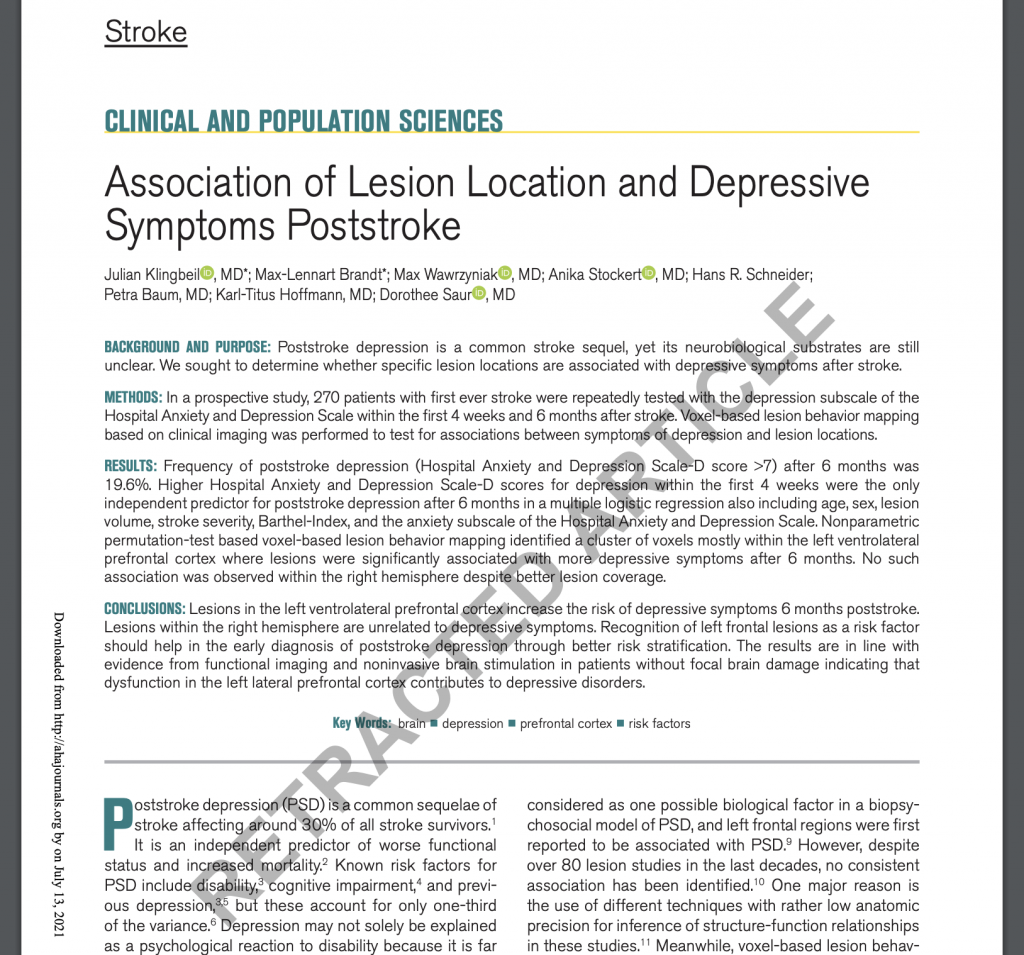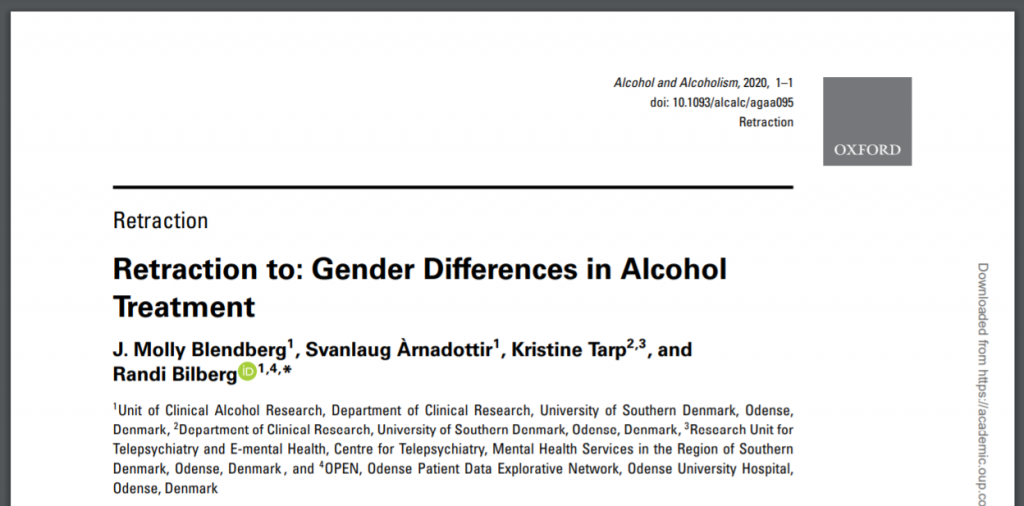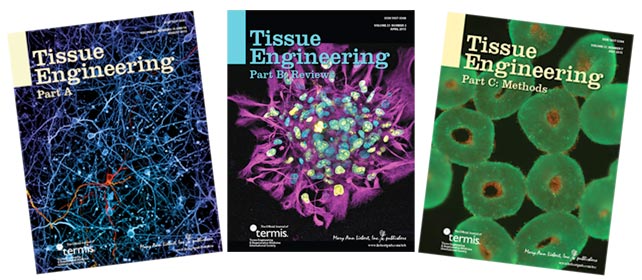A “systematic error” in a mental health database has led to the retraction of a 2017 paper on how people with psychosis process facial expressions.
Joana Grave, a PhD student at the University of Aveiro, in Portugal, and her colleagues published their article, “The effects of perceptual load in processing emotional facial expression in psychotic disorders,” in Psychiatry Research, an Elsevier title.
According to the abstract of the paper:
Continue reading ‘Please don’t be afraid to talk about your errors and to correct them.’







